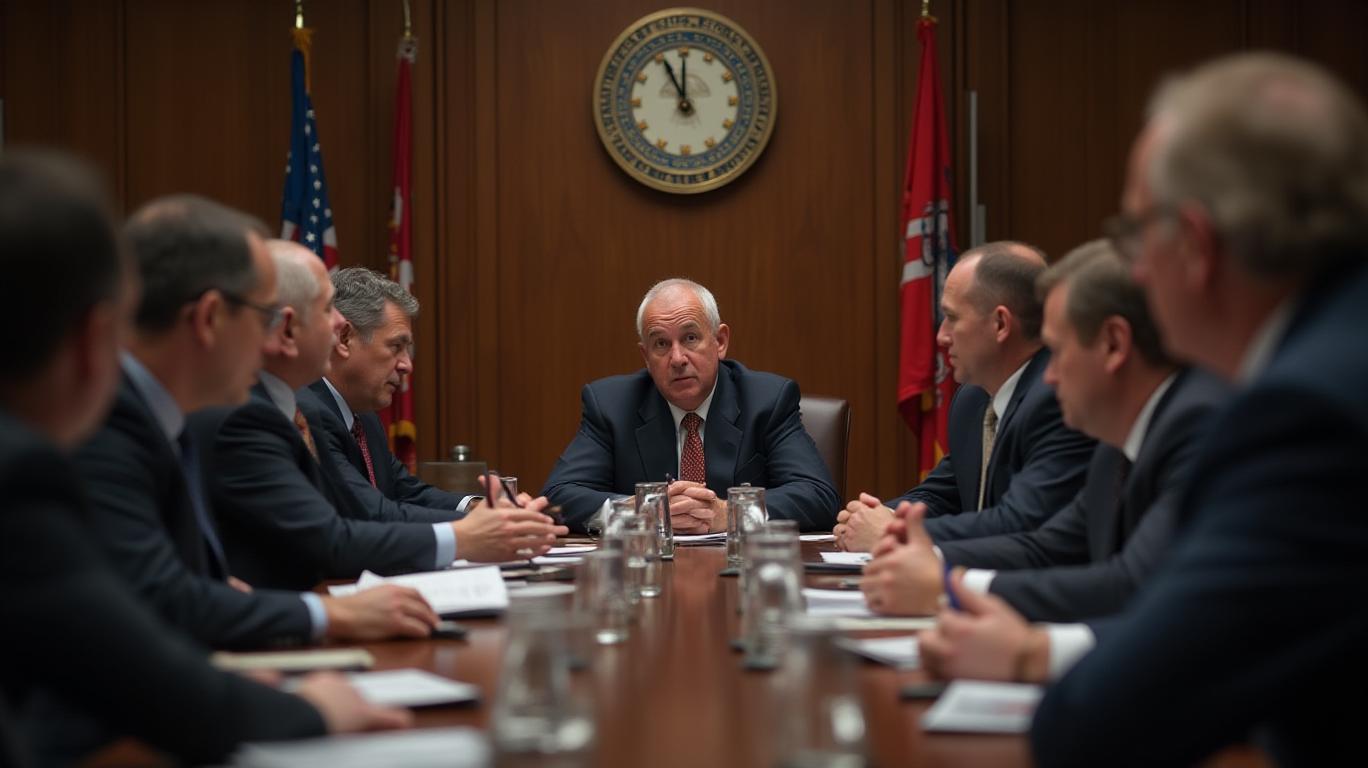SEC Crypto Roundtable Criticized for Lack of Forward-Thinking Solutions
The recent SEC Crypto TaskTASK-- Force Roundtable, held on Friday, marked a departure from the previous administration's "regulation by enforcement" approach. However, the event was criticized for focusing on outdated issues rather than proposing forward-thinking solutions that could shape the future regulatory framework for cryptocurrencies.
Since 1946, the classification of a product as a "security" or "commodity" has been determined by the Supreme Court's decision in SEC v. W.J. Howey Co. This decades-old ruling, which pertains to citrus groves, has proven challenging to apply uniformly to digital assets. Digital assets do not neatly fit into either category, creating a regulatory gray area. This distinction is crucial because the SEC regulates securities while the CFTC oversees commodities.
Congress is currently considering new legislation that aims to move beyond the outdated Howey test and provide clear definitions for digital asset classifications. The roundtable, which included prominent crypto lawyers and members of the SEC's crypto task force, was expected to generate innovative ideas and proposals for legislators. However, much of the discussion revolved around the four-party Howey Test and philosophical debates about the nature of securities, rather than addressing the unique challenges posed by digital assets.
Some participants, such as a16z General Counsel Miles Jennings, did offer valuable proposals. Jennings advocated for focusing on the economic reality rather than the legal relationship between the issuer and the investor. Nevertheless, a significant portion of the panel's time was spent on topics like Bitcoin's use in ransomware attacks and the SEC's recent guidance on meme coins.
The line between the SEC and CFTC's regulatory authority over digital assets is critical for the crypto industry. Clear rules are needed to ensure compliance, regardless of whether a token is classified as a "security" or a "commodity." The roundtable's failure to address this issue and the absence of CFTC representation was seen as a missed opportunity for fostering collaboration between the two regulators.
Commissioner Hester Peirce's initiative to create the roundtable and her commitment to transparency were commended. However, the event was criticized for not inviting CFTC Acting Chairman Caroline Pham or her team. The crypto industry needs seamless cooperation between the SEC and CFTC in the coming years, and this roundtable did not advance that goal.
Congress is progressing with its own legislative solutions for digital asset classification, with or without input from the SEC. For the benefit of the crypto industry, it is hoped that future roundtables will focus on generating ideas that can inform legislation shaping the industry's future. The SEC's new approach to regulation through engagement is a positive step, but its effectiveness remains to be seen. The ongoing dialogue between regulators and industry stakeholders is essential for developing a balanced regulatory environment that supports innovation while protecting investors.

Quickly understand the history and background of various well-known coins
Latest Articles
Stay ahead of the market.
Get curated U.S. market news, insights and key dates delivered to your inbox.



Comments
No comments yet